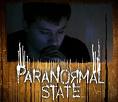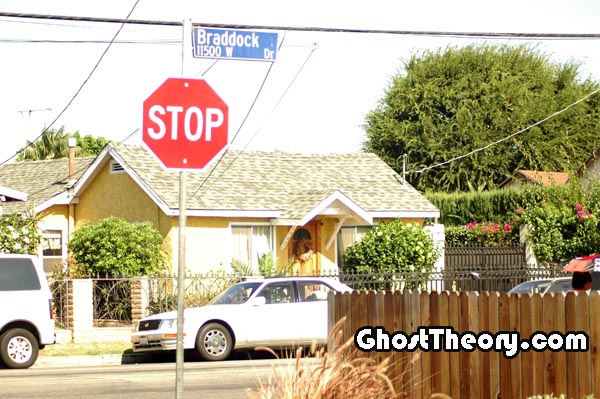I’ve read cases in which young children often claim to hear disembodied voices or see “ghosts” when no one else around them can. I’ve also blogged about some personal experiences. (I wrote this way back)
The British Journal of Psychiatry released the some results of a study they have been conducting about children and these “ghostly voices”. Turns out that 1 in 10 children hear these voices. Most don’t develop any mental illness (schizophrenia or other serious illnesses) and grow up healthy.
So the question is this: Can we say that kids are affected by chemical reactions in their brain and form auditory hallucinations during their growth; or does this study open the doors to the possibility of children being more susceptible to ghostly voices?
I guess it would depend on your viewpoint in regards to the paranormal.
My opinion, I think a child’s intuition is a bit more clear when it comes to the psyche, therefore allowing them to see spirits. Yes. I do strongly believe in the possibility of ghosts.
Full Source: Yahoo
25 commentsNEW YORK (Reuters Health) – Nearly 1 in 10 seven- to eight-year-olds hears voices that aren’t really there, according to a new study.
But most children who hear voices don’t find them troubling or disruptive to their thinking, the study team found. “These voices in general have a limited impact in daily life,” Agna A. Bartels-Velthuis of University Medical Center Groningen in The Netherlands wrote in an email to Reuters Health.
And parents whose children hear voices should not be overly concerned, she added. “In most cases the voices will just disappear. I would advise them to reassure their child and to watch him or her closely.”
Up to 16 percent of mentally healthy children and teens may hear voices, the researchers note in the British Journal of Psychiatry. While hearing voices can signal a heightened risk of schizophrenia and other psychotic disorders in later life, they add, the “great majority” of young people who have these experiences never become mentally ill.
To further investigate how common these “auditory vocal hallucinations” are and whether they are associated with developmental and behavioral factors, the researchers looked at 3,870 Groningen primary schoolers. All were asked whether they had heard “one or more voices that only you and no one else could hear” in the past year.
Nine percent of the children answered yes. Only 15 percent of these children said the voices caused them serious suffering, and 19 percent said the voices interfered with their thinking. Boys and girls were equally likely to report hearing voices, but girls were more likely to report suffering and anxiety due to the voices.
While past studies have linked complications in the womb or during early infancy with the likelihood of hearing voices, Bartels-Velthuis and her team found no such relationship. The researcher said that she and her colleagues had expected that hearing voices would be more common among urban children than among their rural peers, “but to our surprise, the contrary was the case in our sample. We have no explanation for this finding.”
Although urban children were less likely to hear voices, they were more troubled by them, the researchers found. They were more likely to report hearing several voices at once, voices speaking for a longer time, and voices that interfered with their thinking.
This greater severity suggests that the urban children who heard voices might be at higher risk of going on to develop psychotic illness, the researchers say.
Bartels-Velthuis and her team are now conducting a five-year follow-up study of the children to see how the voice-hearing plays out and what effect, if any, it has on behavior.
SOURCE: The British Journal of Psychiatry, January 2010.





